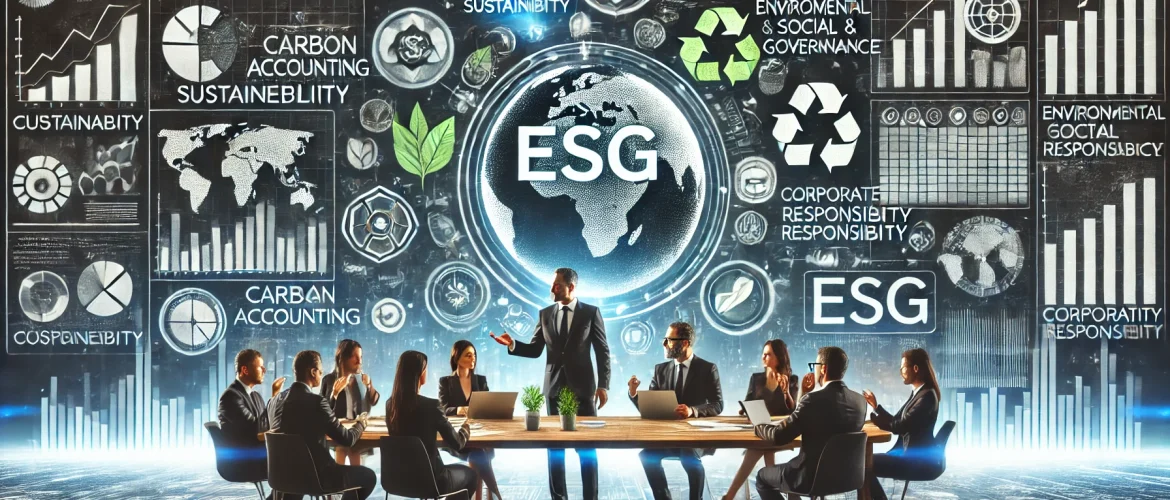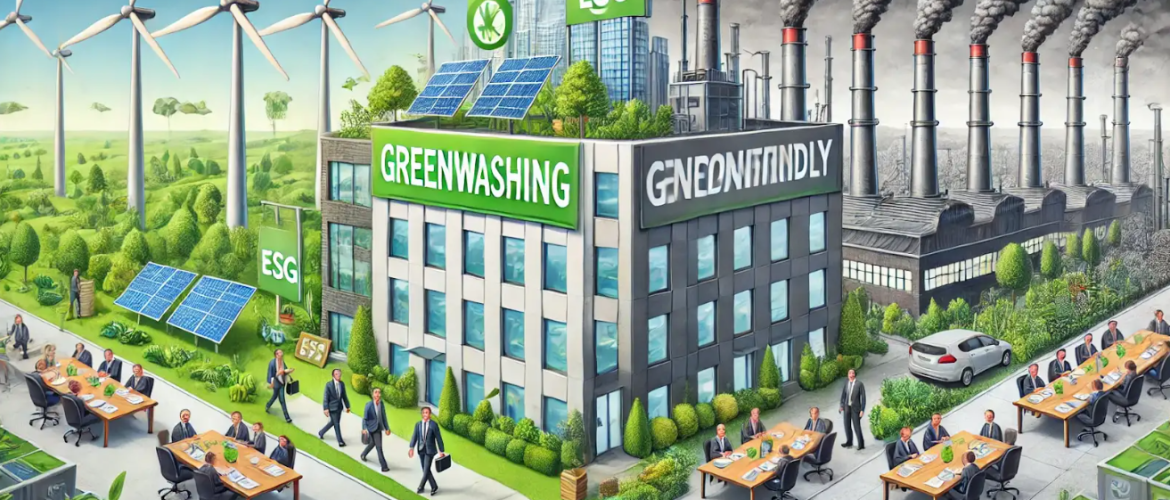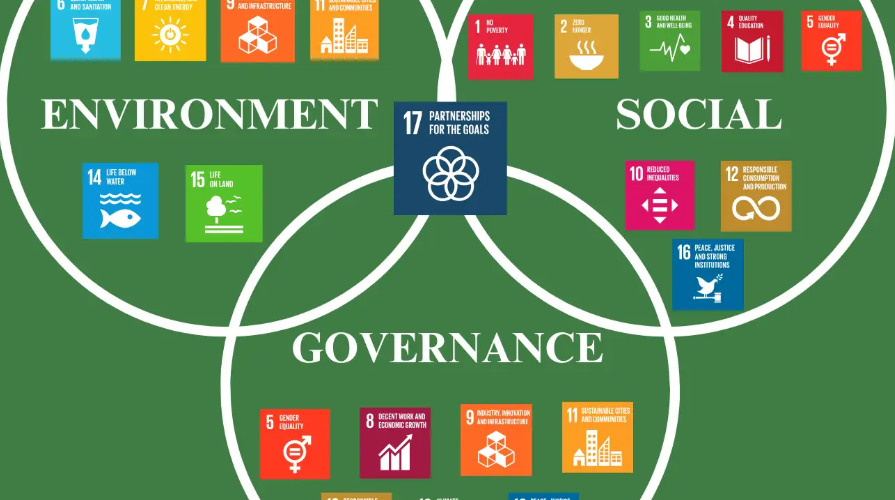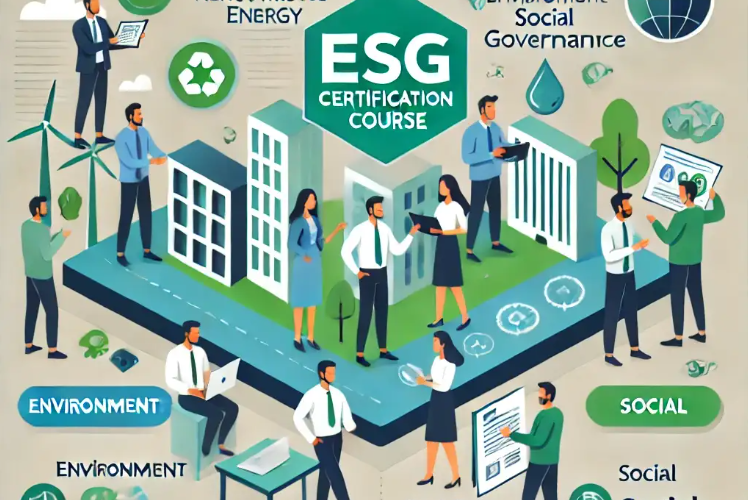Climate Chaos: Adapting to the New Business Normal The world is facing an era of unprecedented climate instability. From extreme weather events to supply chain disruptions, businesses are no longer just observers of climate change—they are on the front lines. Companies that fail to adapt risk financial instability, operational challenges, and repetitional damage. The new business normal is one where sustainability and resilience must be embedded into every decision. The Reality of Climate Chaos Rising global temperatures, erratic weather
What Are Zero Emissions and why it matters Zero emissions refer to the complete elimination of greenhouse gas emissions, particularly carbon dioxide (CO2), from human activities. This means that no harmful pollutants are released into the atmosphere from energy production, transportation, manufacturing, or other industrial processes. Achieving zero emissions is essential to mitigating the impacts of global warming and protecting ecosystems. The primary driver behind zero emissions is the urgent need to curb climate change. Rising global temperatures
Introduction In today’s business landscape, sustainability has become more than just a buzzword—it’s a competitive advantage. Consumers demand eco-friendly products, investors prioritise companies with strong Environmental, Social, and Governance (ESG) commitments, and regulators tighten their grip on corporate sustainability reporting. But with the rise of green claims comes the risk of greenwashing—when companies exaggerate or fabricate their environmental credentials to mislead stakeholders. So, how can we differentiate genuine corporate sustainability from deceptive marketing? The Rise of Greenwashing Greenwashing occurs
Introduction: Rewriting the Climate Code Climate change is no longer a distant threat, it’s an urgent reality that demands immediate action. With rising global temperatures, extreme weather events, and widespread environmental degradation, the need for a comprehensive solution has never been more critical. But what if we could rewrite the climate code, creating a sustainable roadmap that will safeguard our planet for future generations? In this blog, we’ll explore how rewriting the climate code isn’t just a theoretical
The Growing Importance of ESG Expertise Environmental, Social, and Governance (ESG) considerations are now central to how businesses operate. Companies across industries are integrating sustainability into their strategies to meet regulatory requirements, attract responsible investors, and build long-term resilience. This shift has created a high demand for professionals skilled in carbon accounting, ESG reporting, sustainability assessments, and compliance frameworks. Whether you are an individual seeking career growth or a business looking to enhance ESG
The ESG Dilemma: Is Greenwashing Undermining Corporate Sustainability Efforts? Environmental, Social, and Governance (ESG) principles have become the gold standard for assessing corporate responsibility and sustainability. However, as ESG gains traction, a darker side has emerged: the rise of greenwashing. This controversial practice raises questions about whether ESG is genuinely driving change or simply serving as a PR tool for corporations. To become an ESG expert get certification now click on: certificate What is Greenwashing? Greenwashing occurs
Sustainability has become a critical driver of modern business strategies. As organizations seek to align their operations with global sustainability objectives, two frameworks have emerged as key guiding principles: Environmental, Social, and Governance (ESG) and the United Nations Sustainable Development Goals (UN SDGs). While ESG focuses on corporate practices, the SDGs outline a universal agenda to address pressing global challenges by 2030. The synergy between ESG and the UN
The Role of ESG in Shaping the Future Workforce: Why Students and Recent Graduates Should Care About Sustainability In a world increasingly driven by sustainability, Sustainability Reporting, Environmental, Social, and Governance (ESG) principles have emerged as a cornerstone for businesses and organizations striving for long-term success. For students and recent graduates, understanding and embracing ESG is not just a trend—it’s a career imperative. Here’s why ESG matters to the future workforce and how young professionals can prepare to thrive
Sustainability: Understanding EHS and ESG EHS and ESG represent two distinct yet interconnected approaches to sustainability and corporate responsibility. What is EHS and ESG? EHS focuses on ensuring safe workplace practices, protecting employee health, and minimizing environmental impact through operational measures. On the other hand, ESG is a broader framework that evaluates a company’s environmental, social, and governance initiatives to assess its overall ethical and sustainable practices. Importance in Modern Business: Both frameworks have become integral to the way businesses operate, ensuring compliance
ESG integration: How ESG Can Transform Your Risk Management Strategy. The Growing Threat of Climate Risk: ESG integration In a world increasingly affected by climate change, businesses face growing risks from environmental disruptions, social upheavals, and governance failures. These risks are not only significant but also intensifying, forcing businesses to re-evaluate their strategies and adapt. ESG integration Climate change has moved beyond being a distant concern to becoming a pressing and immediate challenge that impacts every aspect of the global












